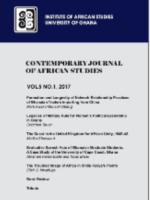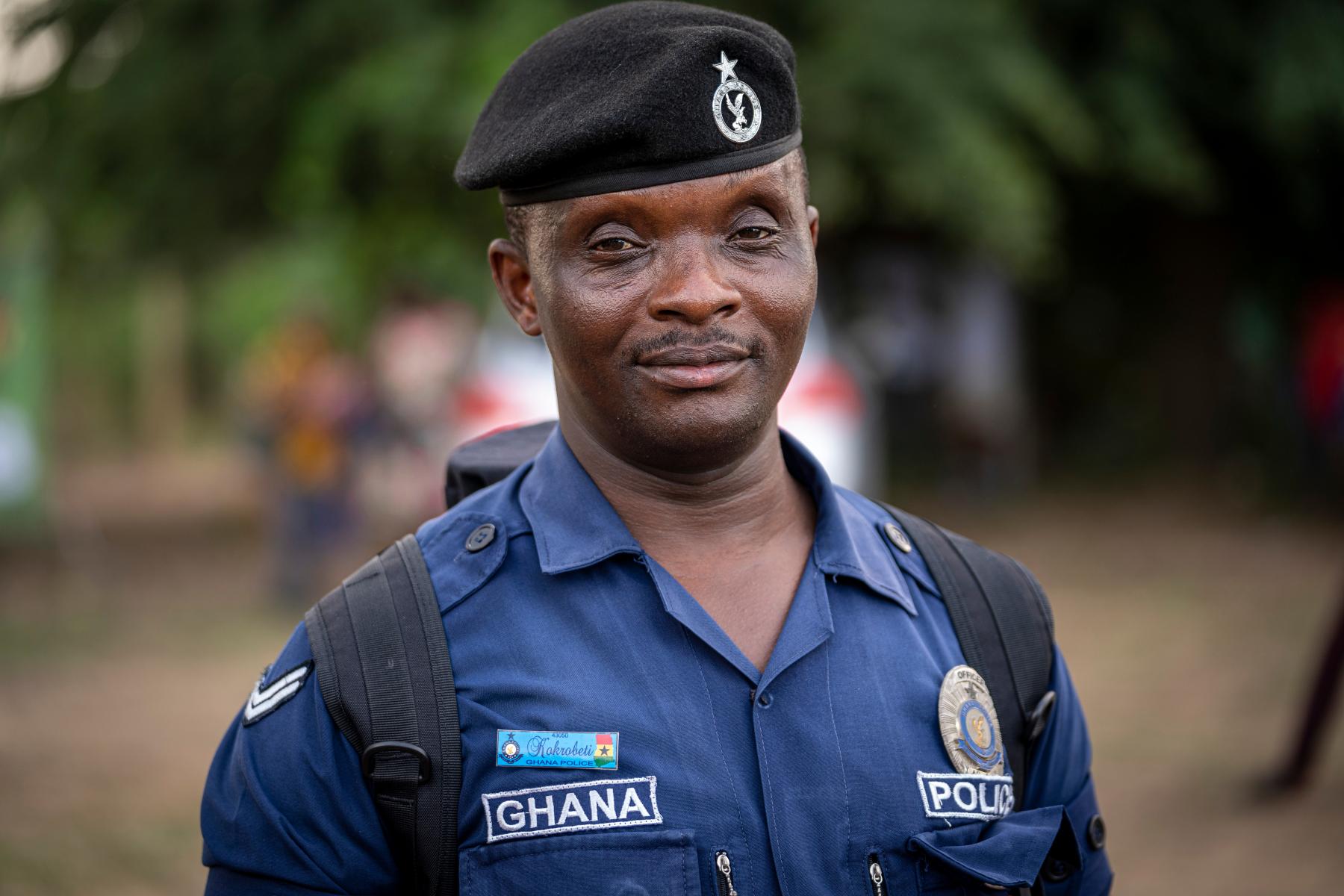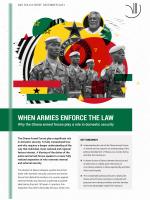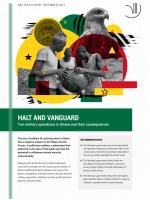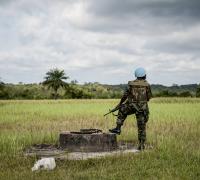Participation in UN missions has the potential to positively affect policing of terrorism in Ghana
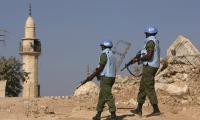
Interview with professor Maya Mynster Christensen by Marie Barse
In West Africa, several studies on the domestic implications of troop contributions to UN peacekeeping missions have showed that grievances and experiences of injustice among peacekeepers can lead to unrest, destabilisation and direct coups when they return home.
But a new study indicates that experiences from UN missions can have positive effects on soldiers’ and police officers’ performance. It finds that Ghanian soldiers and police officers that come back from UN missions to do counterterrorism in Ghana have gained new skills and attitudes that are vital to prevent violent extremism and terrorism.
“Both my interviews and observations suggest that they feel more comfortable engaging proactively with local communities,” says Professor Maya Mynster Christensen from The Royal Danish Defense College, the author of this study. “Some described how earlier they would do policing by just driving through a community and then reporting back to headquarters that the area was calm. But after being on UN missions they have gained experiences with foot patrols and a better confidence in getting out of the car to talk to people, build trust and elicit information.”
As one of the interviewed police officers puts it: “When I did foot patrols, I adopted the Italian approach. I was interacting with people to get information, and I started to understand how I could engage with and sensitise the community in order to gather intel.”
This form of engaging in community outreach, trust-building and intel gathering is key to the prevention of terrorism. Especially so in a context where trust in the police is limited and where community members are often reluctant to engage with the police and share information on signs of danger.
In the study, Christensen has investigated how Ghanian soldiers and police officers are influenced by their experiences of participating in UN peacekeeping missions and how this affects their work on counterterrorism when they come home. The results have been published in an article in the Contemporary Journal of African Studies.
The study is based on six focus groups and 36 interviews with soldiers and police officers in the counterterrorism unit about the impact of peacekeeping on domestic counterterrorism.
It can be your brother
Through her observations and interviews, Christensen finds that soldiers and police officers who have been on UN missions are more aware of the importance of addressing root causes through preventive measures when seeking to mitigate the risk of Ghana being hit by terrorism.
“The rhetoric about terrorism in many countries have this dimension of ‘us against them.’ But In contrast to many other contexts where the threat of terrorism is most commonly linked to an ‘Islamist Other,’ notions of enmity – and of the ‘radical’ and ‘the terrorist’ – are almost absent from the vocabulary of the Ghanaian soldiers and police officers. They have this saying about the radical that it could be ‘anyone,’ even your own brother or sister. So, they are much more aware of engaging in communities and getting to know people in order to prevent terrorism,” explains Christensen.
The experiences from peacekeeping have also triggered a number of fundamental questions related to security and freedom upon homecoming. Having been posted in areas recently ravaged by war and/or terrorism makes the returned peacekeepers more appreciative of Ghana as a fairly peaceful country that has never been struck by war or major terrorist attacks on home soil. Christensen suggests that this awareness about the importance of keeping peace not only has a positive impact on policing but also on society more broadly.
DIIS Experts


